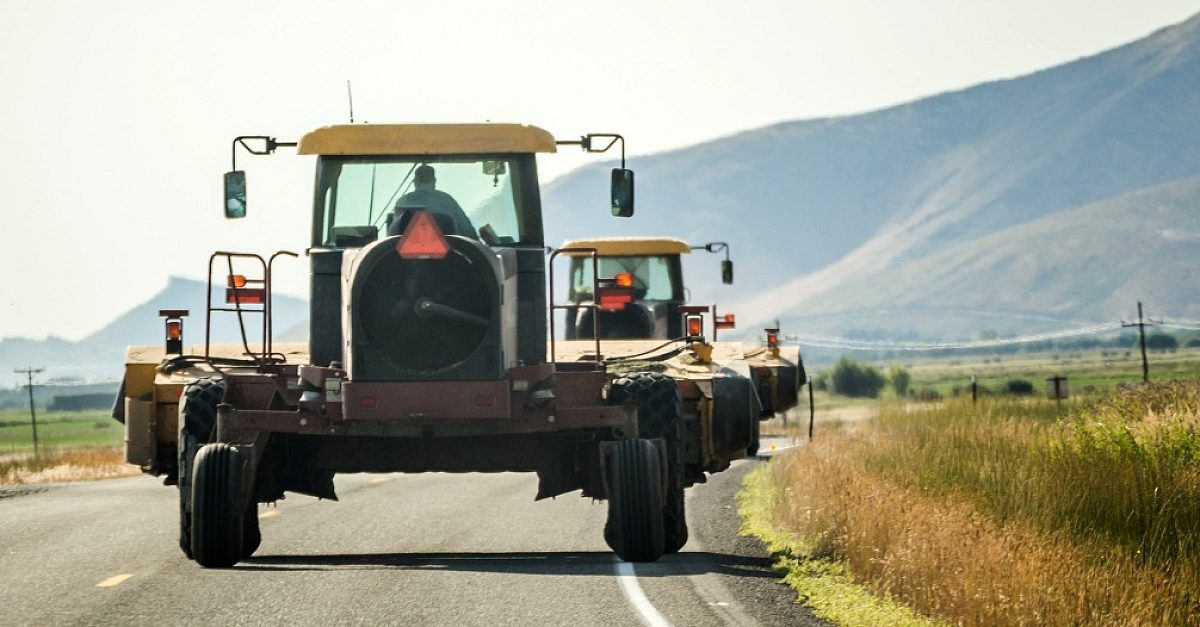Good Intentions, Bad Policy
TOPICS
TransportationZippy Duvall
President

photo credit: Getty Images
Zippy Duvall
President
The nation’s system of laws and regulations is filled with policies that come from good intentions but, when applied without enough thought or input, don’t make sense in their implementation. One example that agriculture faces right now is the requirement that truck drivers install electronic logging devices in their vehicles. By switching from paper records to the electronic devices, it’s supposed to be easier to keep truckers honest about not going over the hours of service limits. The intent is good: to improve road safety. But when applied to agriculture, the result is bad policy. That’s because a driver hauling livestock or live fish would be forced to pull off the road and rest for 10 hours before hitting the highway again. That might make sense if you’re hauling televisions, blue jeans or other non-perishable goods. If you’re hauling live animals, you must weigh the health of the animals against the hours of service rules. That’s not to say that livestock haulers should keep driving until they can’t see straight. But livestock haulers receive special training and instruction on how to recognize early signs of driver fatigue and balance their own safety with the needs of the animals in their care.
The worst outcome would be if livestock haulers decide not to transport animals because they don’t want to run the risk of violating the rules or endangering animals. There’s already a shortage of livestock haulers; concern over the electronic device mandate could make it worse.
The worst outcome would be if livestock haulers decide not to transport animals because they don’t want to run the risk of violating the rules or endangering animals.
And then there’s the added cost. Animals can’t wait around without water or exercise. To keep on truck’n’, many drivers will have a backup driver riding along. That drives up the cost of transporting livestock, and we all know who is going to pay that cost—farmers and ranchers.
In response to a petition by Farm Bureau and other groups, the Transportation Department late last year granted a 90-day extension, until March 18. But we’re still waiting for a final decision on a longer-term exemption for agriculture, to allow time to develop electronic logging device technology that is compatible with the need to log exceptions to ensure animal safety.
Farmers and ranchers can help by contacting their members of Congress and letting them know that the current electronic logging device and hours of service rules shouldn’t apply to agriculture, at least not yet. Congress needs to step in and make sure that the road to animal endangerment isn’t paved with good intentions.
Zippy Duvall
President
Vincent “Zippy” Duvall, a poultry, cattle and hay producer from Greene County, Georgia, is the 12th president of the American Farm Bureau Federation.
Top Issues
VIEW ALL